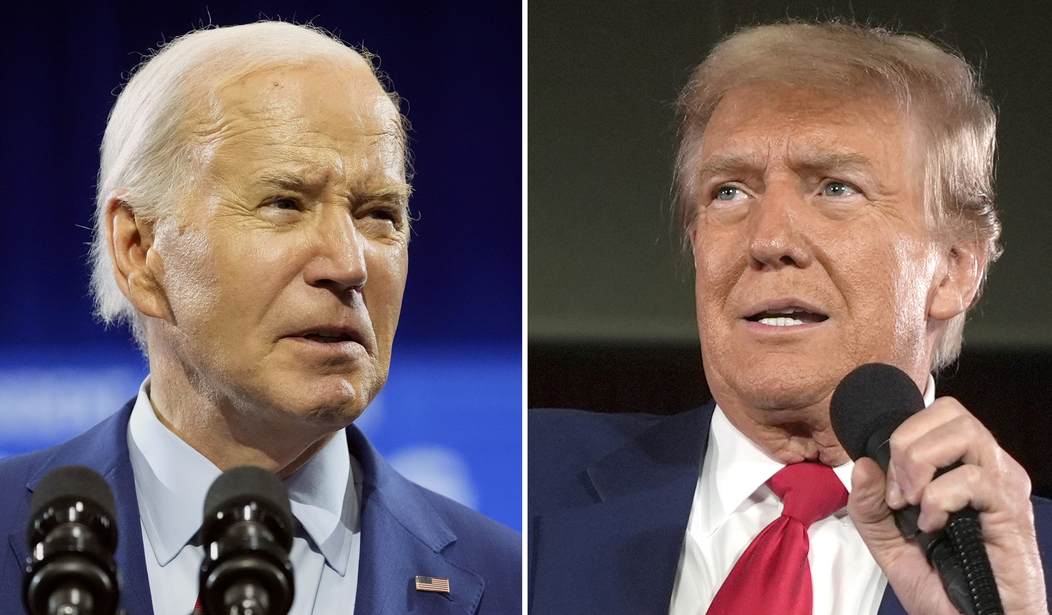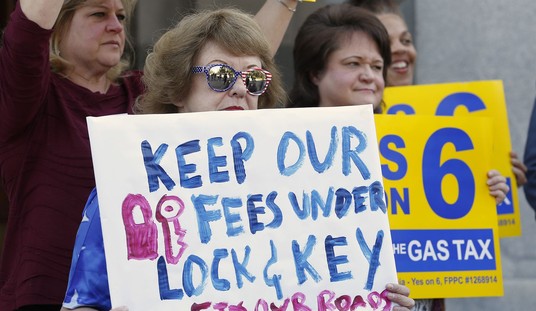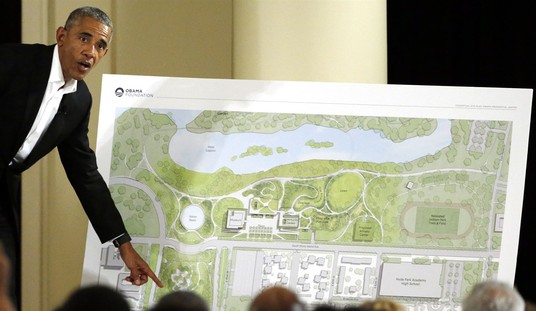For months, Donald Trump has had a lead in both the national polls and in battleground state polls. Without a doubt, he is in a stronger position to win the White House today than he ever was back in 2020 or 2016. But forget all that and put the thought out of your mind because the outcome of this race, no matter how you look at it, is still very much up in the air. The best thing he can do for the Democrats is get lulled into a sense of complacency.
I know what you're thinking: Didn't Matt just write that Trump could win in a landslide? And you would be right, I did. Could he? Sure, he could, but that doesn't mean he will, and as I said in that article, everything would have to go perfectly for Trump going forward for that to happen. How likely is that? If there's anything you can say about this year's presidential campaign, it's that it's been unpredictable.
According to FiveThirtyEight's election modeling, the election is pretty much a coin toss. According to their most recent analysis, even though Trump has a consistent lead in the polls, "the election remains highly uncertain."
It’s 111 days until Election Day, and our model gives Donald Trump a durable lead in the polls, but based on additional indicators, still thinks the presidential election could go either way. Right now, President Joe Biden is favored to win in 496 out of 1,000 of our model’s simulations of how the election could go, while former President Donald Trump wins in 501 of our simulations. There is still a small chance of the pure chaos scenario: In 3 simulations, no candidate wins a majority of Electoral College votes, which would throw the election to the House of Representatives.
How is this possible? How could this election be a toss-up when Democrats are panicking and ready to throw Joe Biden under the bus? Are the people behind FiveThirtyEight insane? They say that their forecast model combines polls with campaign "fundamentals" like economic conditions, state partisanship, and incumbency. It's designed to provide a sense of each candidate's likelihood of winning, rather than predicting a specific outcome.
Related: What Are the Odds Biden Drops Out?
While the race is basically 50/50 right now, according to FiveThirtyEight, even after the assassination attempt against Trump, their simulations earlier this week had Biden winning 53 out of 100 times and Trump winning just 46 times. It's easy to dismiss that as nonsense, especially if you follow battleground state polling, but the people behind FiveThirtyEight's forecasting are pretty smart and the theory behind it may be solid.
I am still inclined to believe that their assessment of the fundamentals that impact the race is highly subjective. For example, before the debate, many political experts on the left were flabbergasted by Trump's strength in the polls because from their point of view the economy is in great shape, and it belied common sense that Biden wasn't getting credit for that.
We all know that's wishful thinking, but the left-leaning folks behind FiveThirtyEight similarly presume that the economic fundamentals are strong even though Americans are largely sour on the economy due to Biden's inflation. Polls have shown that inflation is a top concern of voters, and a perusal of their methodology doesn't suggest that they are weighing the impact of inflation in their economic conditions more heavily than other factors or that it properly accounts for how voters perceive prices under Biden compared to how they were under Trump.
Still, there's no reason to ignore FiveThirtyEight's modeling, and I highly suggest that you treat this race as a toss-up and act accordingly.










